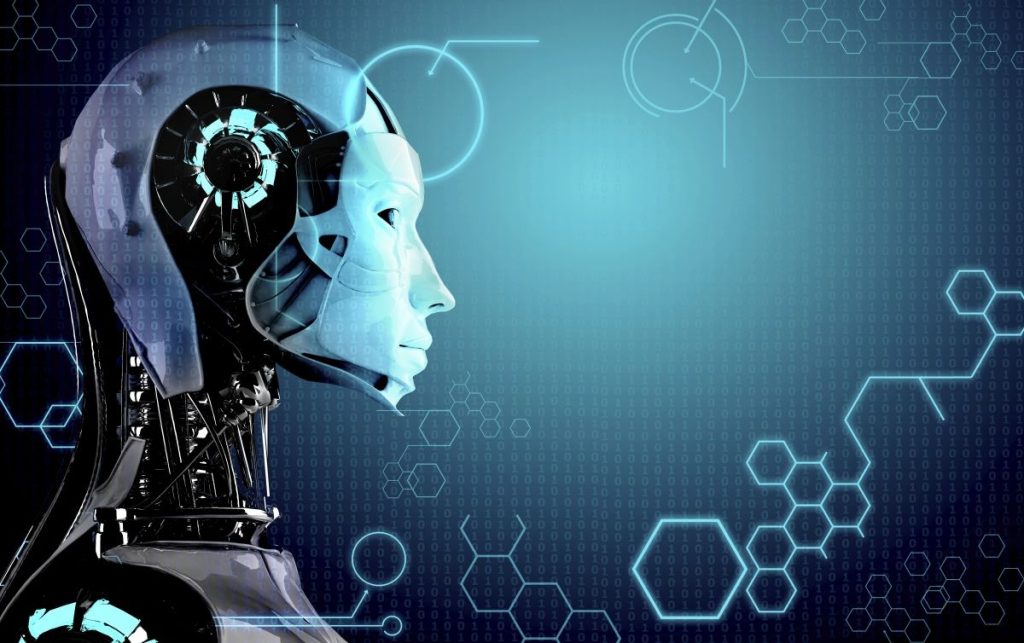Introduction
Technology evolves at an unprecedented pace, continually transforming industries and societies. As we move further into 2025, new advancements are shaping the way we work, communicate, and live. This article explores ten groundbreaking technologies that are set to redefine the future.

1. Artificial Intelligence (AI) and Machine Learning
Artificial Intelligence (AI) and Machine Learning (ML) are driving automation, improving decision-making, and transforming industries. Businesses are leveraging AI for customer service, data analysis, and predictive analytics. Chatbots, self-driving cars, and AI-powered healthcare diagnostics are just a few applications of this powerful technology.
Key Benefits:
- Enhances efficiency and productivity
- Enables data-driven decision-making
- Automates repetitive tasks
2. Quantum Computing
Quantum computing is poised to solve complex problems that classical computers cannot. With quantum bits (qubits) processing data at unprecedented speeds, industries like cryptography, materials science, and logistics will see significant advancements.
Use Cases:
- Drug discovery
- Secure communication
- Climate modeling
3. 5G and Advanced Connectivity
5G technology promises faster data speeds, lower latency, and increased connectivity. It will revolutionize the Internet of Things (IoT), enabling smart cities, autonomous vehicles, and remote surgeries.
Advantages:
- Faster internet speeds
- Improved real-time communication
- Greater IoT expansion
4. Blockchain and Decentralized Finance (DeFi)
Blockchain is no longer limited to cryptocurrencies. It is now being used for secure transactions, supply chain tracking, and even digital identities. Decentralized Finance (DeFi) platforms are challenging traditional banking systems by offering peer-to-peer financial services.
Industry Impact:
- Secure and transparent transactions
- Reduced fraud risks
- More accessible financial services
5. Augmented Reality (AR) and Virtual Reality (VR)
AR and VR are reshaping entertainment, education, and healthcare. From immersive gaming experiences to virtual medical training, these technologies offer new ways to interact with digital environments.
Applications:
- Virtual real estate tours
- Remote learning
- Enhanced retail experiences
6. Biotechnology and Genetic Engineering
Advancements in biotechnology and genetic engineering are paving the way for personalized medicine, improved agricultural practices, and the potential eradication of genetic diseases.
Breakthroughs:
- CRISPR gene-editing
- Lab-grown organs
- Bioengineered food
7. Sustainable Energy Technologies
The shift toward renewable energy is crucial for a sustainable future. Innovations in solar, wind, and hydrogen energy are reducing reliance on fossil fuels and minimizing carbon footprints.
Key Developments:
- Advanced battery storage
- Hydrogen fuel cells
- Smart grid technology
8. Edge Computing
Edge computing brings data processing closer to the source, reducing latency and improving performance for IoT devices and real-time applications.
Benefits:
- Faster data processing
- Enhanced security
- Reduced bandwidth usage
9. Nanotechnology
Nanotechnology is revolutionizing fields like medicine, materials science, and electronics. Nanomaterials are making products stronger, lighter, and more durable.
Innovations:
- Cancer treatment using nanoparticles
- Flexible and durable electronic displays
- Self-cleaning materials
10. Cybersecurity Innovations
With the rise of cyber threats, cybersecurity technologies are evolving rapidly. AI-driven security solutions, biometric authentication, and zero-trust security models are enhancing digital protection.
Trends to Watch:
- AI-powered threat detection
- Multi-factor authentication
- Quantum cryptography
Comparison of Emerging Technologies
| Technology | Key Benefits | Industry Impact |
|---|---|---|
| AI & ML | Automation, decision-making | Healthcare, finance, retail |
| Quantum Computing | Complex problem-solving | Cybersecurity, logistics |
| 5G Connectivity | Faster speeds, IoT expansion | Telecom, smart cities |
| Blockchain & DeFi | Secure transactions | Banking, supply chain |
| AR & VR | Immersive experiences | Education, gaming |
| Biotechnology | Personalized medicine | Healthcare, agriculture |
| Sustainable Energy | Carbon footprint reduction | Energy, transportation |
| Edge Computing | Reduced latency | IoT, data centers |
| Nanotechnology | Stronger materials | Medicine, electronics |
| Cybersecurity | Enhanced protection | IT, government |
Conclusion
The future of technology is incredibly promising, with each of these innovations offering transformative potential. Businesses and individuals must stay informed and adaptable to leverage these advancements effectively. As we move forward, embracing these technologies will be key to shaping a more efficient, secure, and sustainable world.